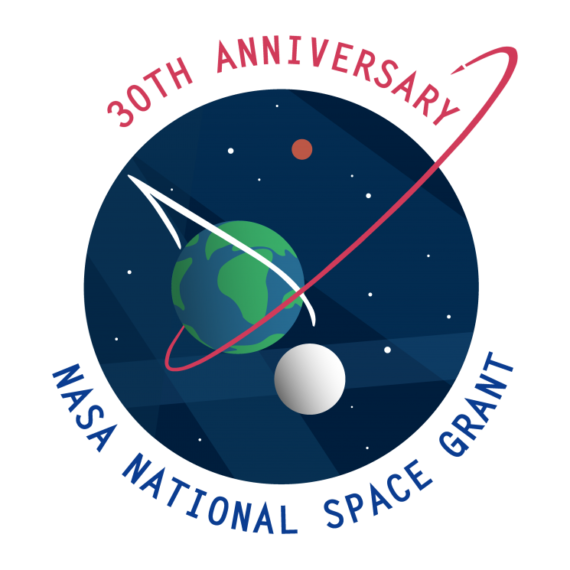The National Space Grant College and Fellowship Program was established in 1988 and implemented by the National Aeronautics and Space Administration (NASA) in 1989. The Georgia Space Grant Consortium became a part of the Space Grant in January of 1990. Since its establishment, the Georgia Space Grant Consortium has continued to grow over the years, now with 21 affiliates and 10 partners. Over the past 3 decades, GSGC has directly supported approximately 4,500 undergraduate and graduate students in Georgia. GSGC has also provided outreach in the form of K-12 STEM education and hands-on activities at schools and science centers to an estimated 600,000 Georgia residents during the past 30 years. And GSGC has engaged approximately of 60,000 K-12 educators and more than 120 Ph.D. recipients since its establishment. GSGC looks forward to continuing to engage student and educators while supporting the STEM pipeline across Georgia.
During the Annual National Space Grant Spring Directors Meeting the Space Grants will be hosting a 30th Anniversary Celebration in the rotunda of the Rayburn House Office Building on February 24, 2020. GSGC is hosting a student table demonstration, with students from Georgia Institute of Technology, Georgia State University, and Kennesaw State University. Carson Coursey (GT), Justin Robinson (GSU), and Emma Pearson (KSU) will represent the Georgia Outreach Team for Space (GOT Space), a STEM outreach program created in 2018. The program utilizes interactive STEM presentations and hands-on activities and brings them to Georgia K-12 classrooms, museums, and other youth programs, with the mission of inspiring interest in STEM careers in K-12 students. GOT Space is lead by the Consortium and by two graduate GOT Space ambassadors from Georgia Tech and GSU, with 18 current undergraduate ambassadors. In just one year, the program has organized 11 events with 27 total presentations, reaching over 1300 students and over 100 teachers, faculty, and adults in Georgia.
The GOT Space team will be greet guests with a variety of hands on activities at the 30th Anniversary Celebration Event. They will have an interactive Augmented Reality demonstration via AstroReality, a cosmic ray muon detector, along with handheld prototype detectors, and computer animations detailing the process of successful cosmic ray detection. Lastly, the team lead from the Rocket Team will be building paper rocket models while discussing rocket building processes, how they fly stability margins, propellant tanks and internal structures. These demonstrations are representative of the tools the GOT Space ambassadors use to inspire the next generation of Georgia students to pursue STEM careers.

